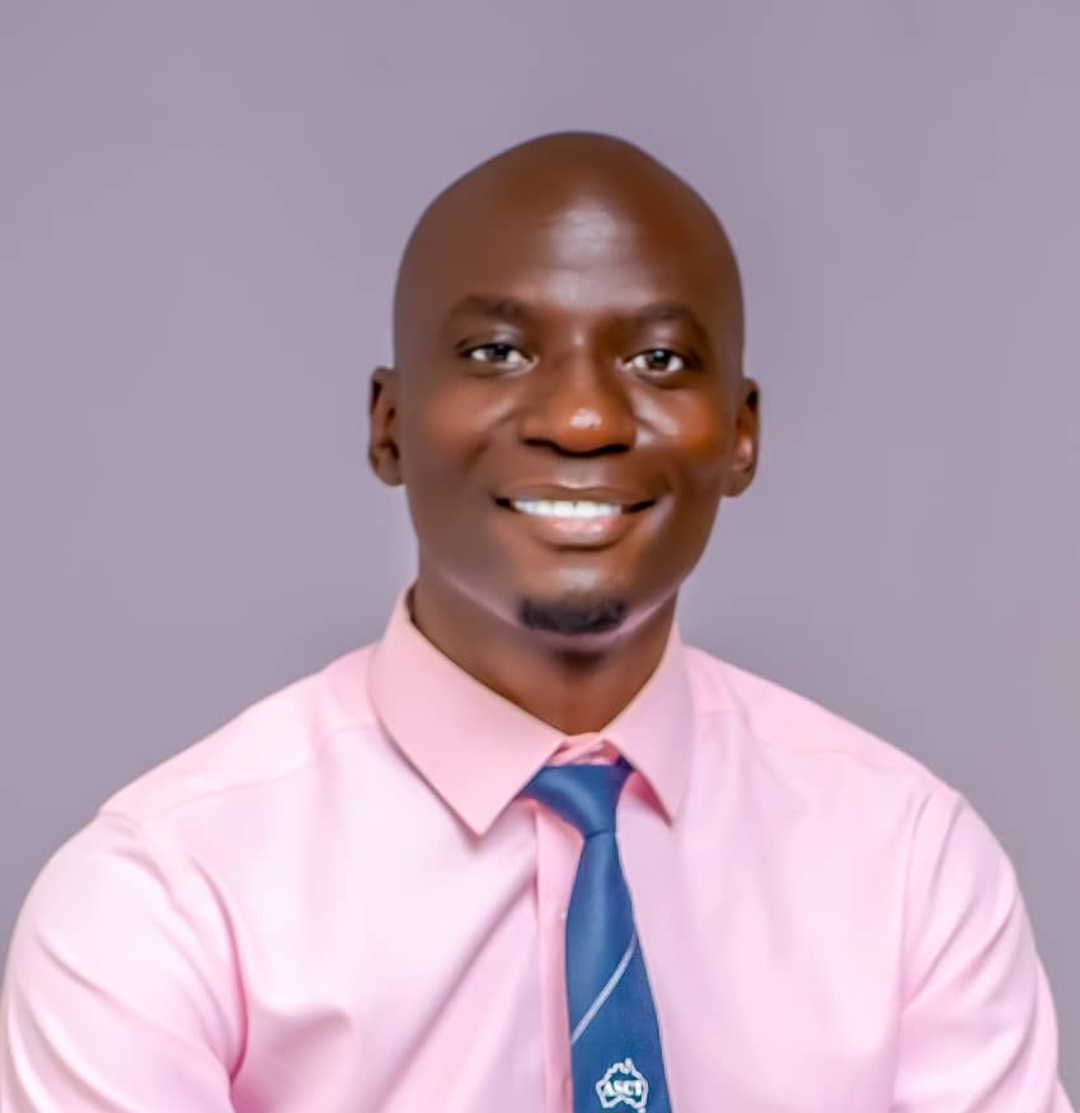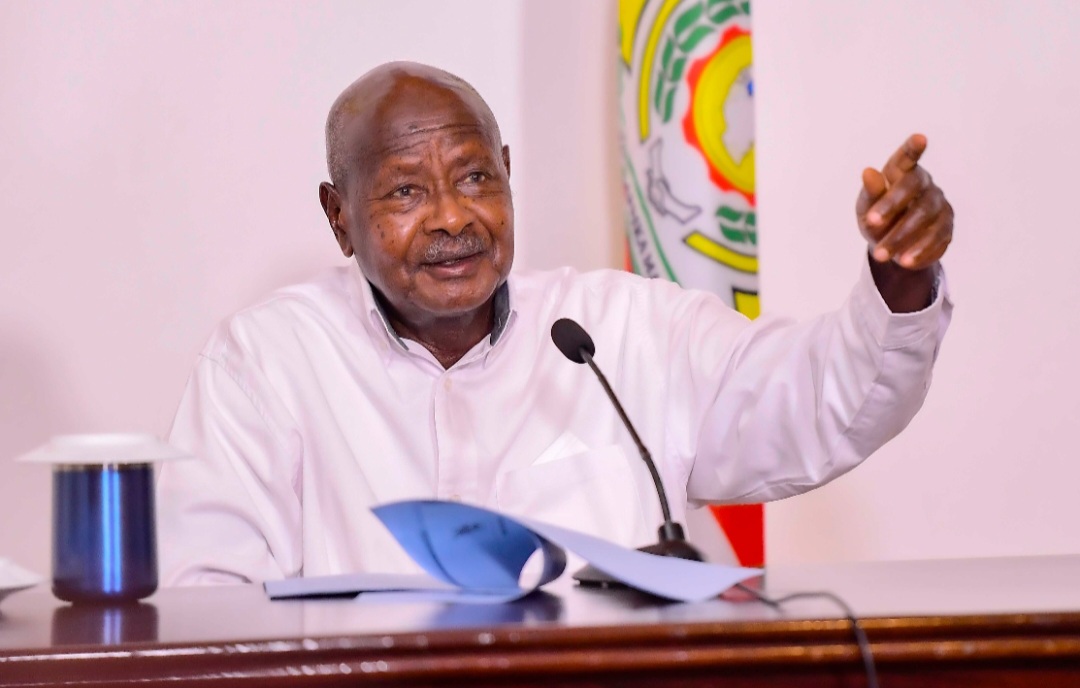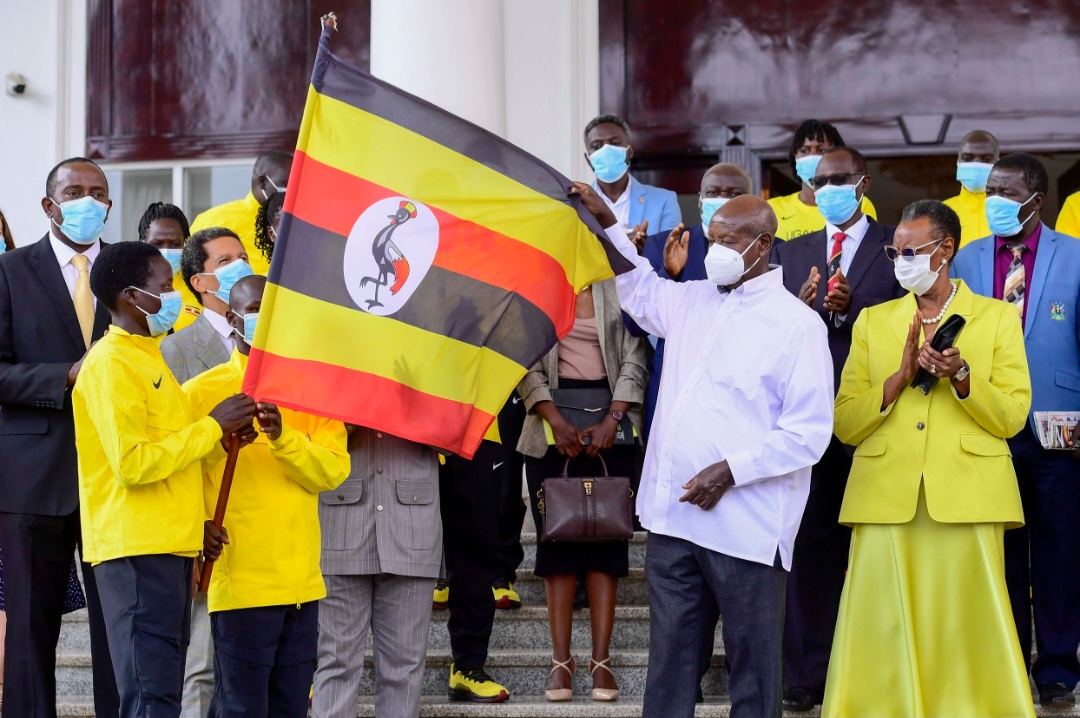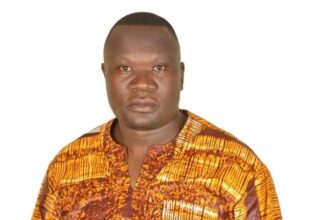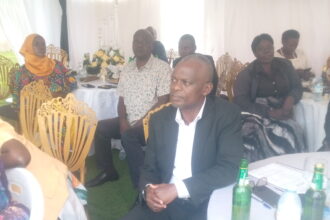“A man suffering from diarrhoea doesn’t ask direction from a stammerer.” MK has a clear path to the most prestigious seat in our mother land.
Father to son presidential transitions and legacies have been experienced worldwide. In the United States in 2001, George W. Bush became the first modern president whose father (President George H.W. Bush) had also been elected president. (The sixth president, John Quincy Adams, served from 1825-1829 and was the son of the second president, John Adams.)
South Korean President Pak Geun-hye, former Philippines President Corazon Aquino, and former Indian Prime Minister Indira Gandhi are other examples to look at. In Pakistan, in a rare occurrence, a husband took over from his wife, Benazir Bhutto. Clearly, all these people did well.
The experiences in these countries seem to indicate that citizens are willing to elect or accept family members of former heads of state.
When it comes to Africa, there is a more mixed experience. Seven countries on the continent have had both father and son (and one brother) lead the country: Botswana, Kenya, the Democratic Republic of the Congo (DRC), Gabon, Togo, Mauritius, and Malawi with Morocco and Swaziland excluded since they are kingdoms. In each of these cases, the succession process has been different, as has the interim between father and son.
Over the past decades, the continent has witnessed a unique phenomenon where the mantle of leadership has passed from fathers to sons, birthing precedences that have left indelible marks on their countries’ history.These familial successions are not just tales of power inheritance; they are intricate narratives of legacy, vision, and the enduring quest for continuity in leadership amidst Africa’s evolving political milieu.
From the Kenya’s corridors of power to the dynamic political arenas of the Democratic Republic of Congo, Chad, Botswana, Togo, and Gabon, these father-son duos have governed, shaped policies, and navigated the complexities of African governance.
In Uganda, to those who have jealous over the first son, are like iron. As iron is eaten away by rust, so the envious are consumed by their own passion. if you currently look at the current political figures both in the ruling government and the opposition as you project on the future political shape, Gen. Muhoozi Kainerugaba is the right personality to succeed Gen Museveni, the longest and best serving president in the history of our mother land.
Muhoozi was 11 years old when his father took over power in 1986. In 1999, he formally joined the Ugandan defence forces while a student at the most prestigious university in east and central Africa, Makerere University. He has diligently served in the the UPDF for a solid 25 years.This change has coincided with the political emergence of Muhoozi in recent years.
His public profile has been growing both domestically and internationally. As a presidential advisor on special operations, a post he was appointed to in 2017 alongside his military roles, Muhoozi held summits with the leaders of Egypt, Kenya and Somalia.
As opposed to his quiet figure in the background, the First Son has recently become vocal on social media about many aspects of Ugandan politics and its foreign affairs.
He is a very strong crusader against corruption and has on several occasions clearly stated that once he ascends to power, his government would completely crack down all the thieves of government resources. Nowonder he leads by example. He has never been involved in any corrupt scandal.
He held regional engagements with Rwanda’s Kagame where he negotiated the re-opening of the border with Rwanda. Remember it had been closed for three years following Kigali’s accusations that Uganda had been harbouring members of the opposition Rwandan National Congress.
Muhoozi’s intervention was key in mending the frosty relationship between the two countries and it was followed by a further meeting in Kigali. Consequently Muhoozi and Kagame announced a broader bi-lateral agreement to stop supporting dissidents in each other’s countries. Who wouldn’t support such a leader with a strong belief in diplomacy and mutual understanding.
However, the pathway for Muhoozi to reach State House is far from guaranteed. The Ugandan public would expect him to win an election to legitimise his leadership, and in so doing he would potentially face off with the ever weakening Bobi Wine in a competition where I predict the young electorate would overwhelmingly vote him into power. After all, comparing Bobi wine to MK is like telling a fish to climb a tree, it will live it’s whole life believing that it is stupid.
The writer, George Mubiru, is a researcher, political analyst and Ass. RCC Jinja City.
Tel. 0754877595
Email: georgemubiru93@gmail.com
Do you have a story in your community or an opinion to share with us: Email us at Submit an Article



